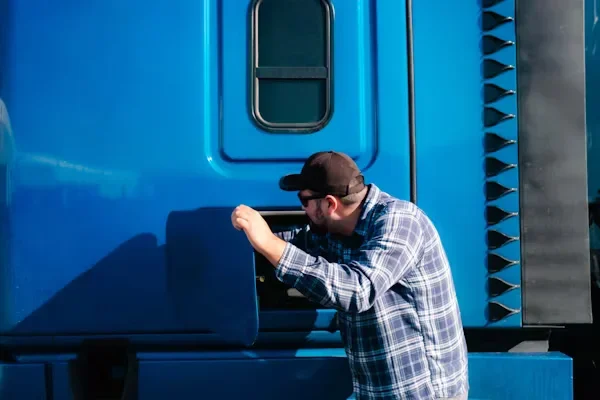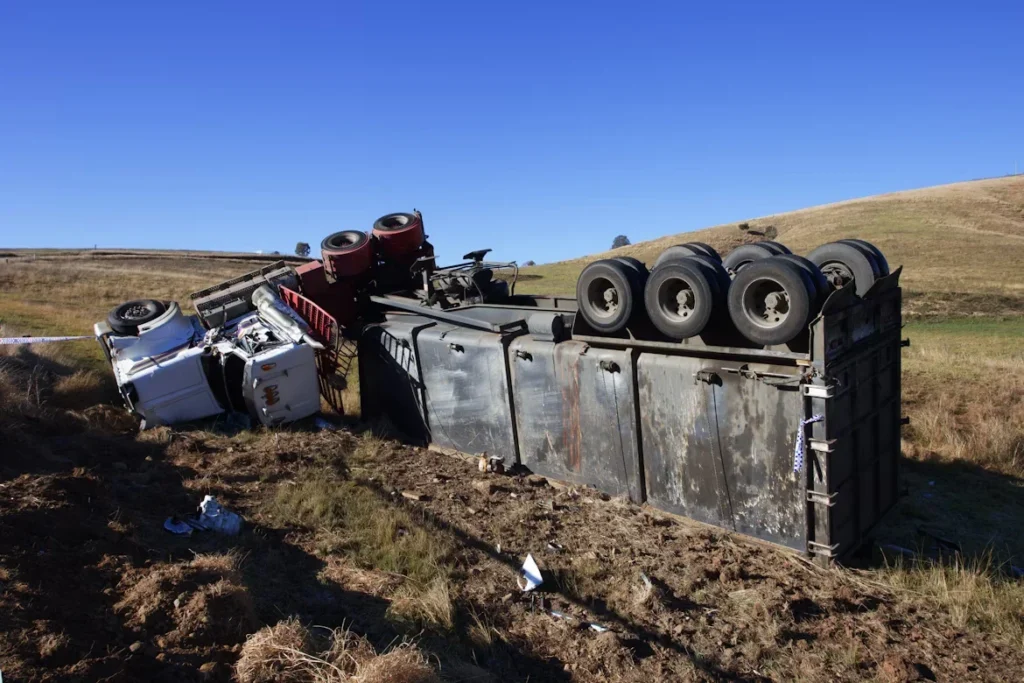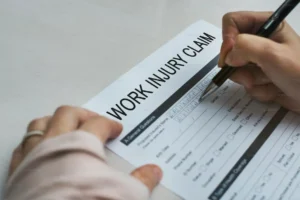Disclaimer: This article is for informational purposes only and does not constitute legal advice. For guidance specific to your situation, please consult a licensed attorney or legal professional.
If you are involved in a car accident, you know how stressful the process can be. However, when a commercial truck is involved in a crash, the situation becomes significantly more complicated. From dealing with multiple parties to navigating complex federal regulations, claims involving 18-wheeler accidents often require considerably more time, resources, and specialized legal expertise. That is why having support for filing a truck accident injury lawsuit can make all the difference in your recovery journey.
1. More Parties Are Involved

In a typical car accident, only the drivers and their insurance companies are involved. But in an 18-wheeler accident? You are looking at a web of potential parties. One of them is the truck driver, the trucking company, the company that owns the cargo, the vehicle maintenance provider, and sometimes even the manufacturer of the truck or its parts. Each of these entities may share responsibility for the crash, making it a complex puzzle to determine liability.
2. Federal Regulations Add Layers of Complexity

Commercial trucks are governed not just by state laws but also by strict federal regulations enforced by the Federal Motor Carrier Safety Administration (FMCSA). These include rules on the maximum hours a truck driver can operate without rest, the maximum weight a truck can carry, and mandatory vehicle inspections. If a company or driver violates these rules, that is a major red flag and strong evidence of negligence. But identifying these violations takes skill, resources, and often, expert analysis.
3. More Severe Injuries and Higher Stakes

Let us face it: an 80,000-pound truck colliding with a 4,000-pound passenger vehicle rarely ends well for the car. Truck accident victims often suffer catastrophic injuries like spinal cord damage, traumatic brain injuries, or multiple fractures. These injuries not only require extensive treatment but also carry long-term financial consequences, such as lost wages and diminished earning capacity. As a result, the value of an 18-wheeler accident claim is often much higher, meaning insurance companies are more likely to fight back hard.
4. Complicated Insurance Issues

Truck drivers and their employers carry large insurance policies, often providing coverage worth millions of dollars. While this might sound like good news for accident victims hoping to recover fair compensation, it actually creates more challenges. These high-value policies mean that insurance companies have a significant financial stake. To protect their bottom line, they deploy teams of experienced adjusters, investigators, and lawyers whose sole job is to limit payouts as much as possible.
These professionals will scrutinize every detail of the claim, searching for ways to shift blame onto the victim or minimize the severity of injuries. They may intentionally delay proceedings, hoping that victims, desperate for funds, will accept a quick but unfair settlement. Without an experienced legal advocate on your side, it becomes easy to get steamrolled in negotiations, overwhelmed by legal tactics, or pressured into accepting a lowball offer that doesn’t even cover medical bills, let alone future treatment and lost income.
5. Proving Negligence Is More Involved

Proving that someone was at fault in a truck accident goes far beyond pointing to a red light or a missed stop sign. It requires uncovering hidden layers of evidence that are unique to commercial trucking. Lawyers and investigators must review driver logbooks to detect hours-of-service violations that can indicate fatigue or overwork. They also examine vehicle maintenance records to see if worn brakes, tires, or engine issues contributed to the crash.
Additionally, they analyze driver training documents to determine if the company has failed to train the driver for safe operation properly. Crucially, the truck’s black box data, or electronic control module, contains vital information about speed, braking, and sudden movements leading up to the crash. Interpreting these technical records isn’t straightforward; it demands a legal team with the expertise to read them accurately, connect the findings to negligence, and build a strong liability case.
How Lawyers Can Make the Process Easier
Significant rig accident cases involve multiple parties, federal regulations, and complex insurance policies. A lawyer can simplify this by handling all communication with trucking companies, insurers, and other liable parties.
They can also gather and preserve critical evidence, such as driver logs, maintenance records, and black box data before it is lost or altered. This strengthens your claim significantly.
Additionally, lawyers are familiar with federal trucking laws, such as hours-of-service rules, and can identify violations to prove negligence. They will negotiate firmly with insurers to pursue the compensation you deserve and represent you confidently in court if needed.
Conclusion
Significant rig accident cases are like a game of high-stakes chess; one wrong move can cost you your shot at fair compensation. If you or a loved one is injured in a collision with a commercial truck, do not go through it alone. Getting professional support with filing a Semi-truck accident injury lawsuit gives you a better chance at uncovering the truth and securing the workers’ compensation you deserve.












